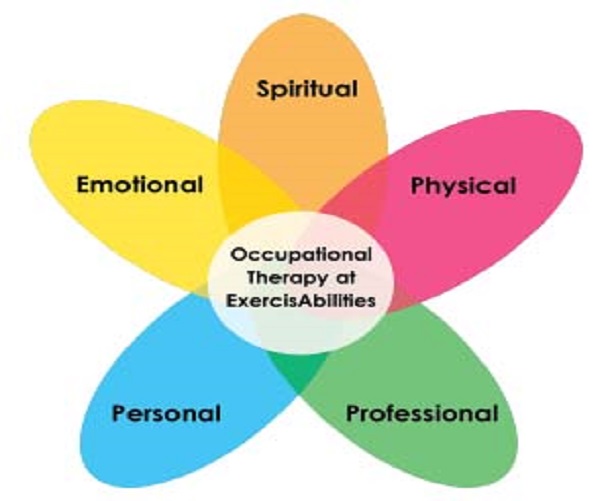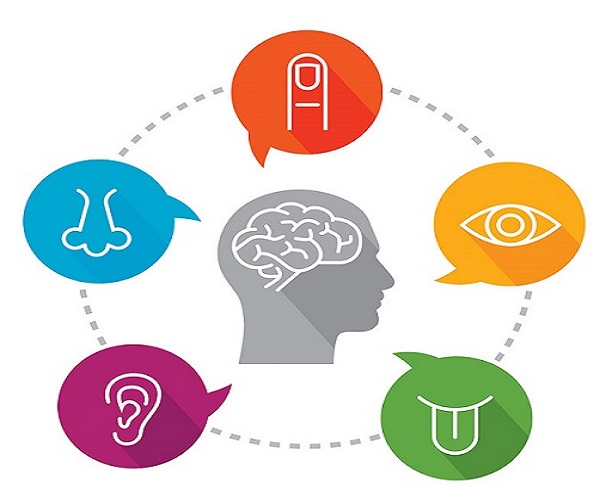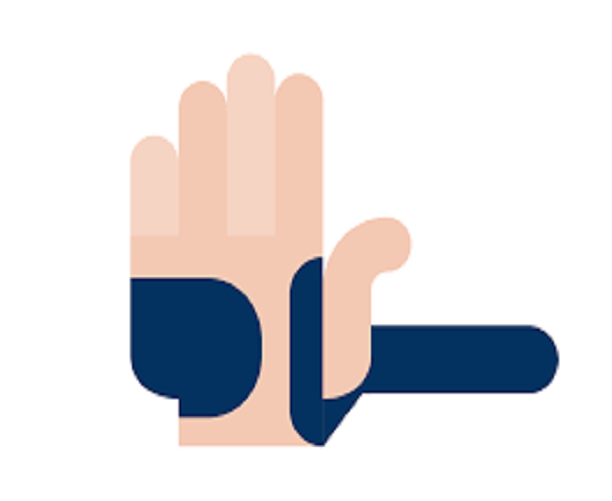Scope
Conditions managed in Occupational Therapy
- Developmental Delay (Cerebral Palsy, Mental Retardation, Autism, ADHD)
- Neurological Conditions (Stroke, Traumatic Brain Injury, Parkinson's Disease)
- Physical Dysfunctions (Burns, Amputation, Nerve Injuries, Musculoskeletal Disorders, Spinal cord Injury)
- Hand Injury (Crush injury, Hansen's Disease, Nerve Injury)
- Cumulative Trauma Disorders (Carpal Tunnel Syndrome, Low Back Pain).
- Mental Illness (Schizophrenia, Drug Addiction, Depression).





